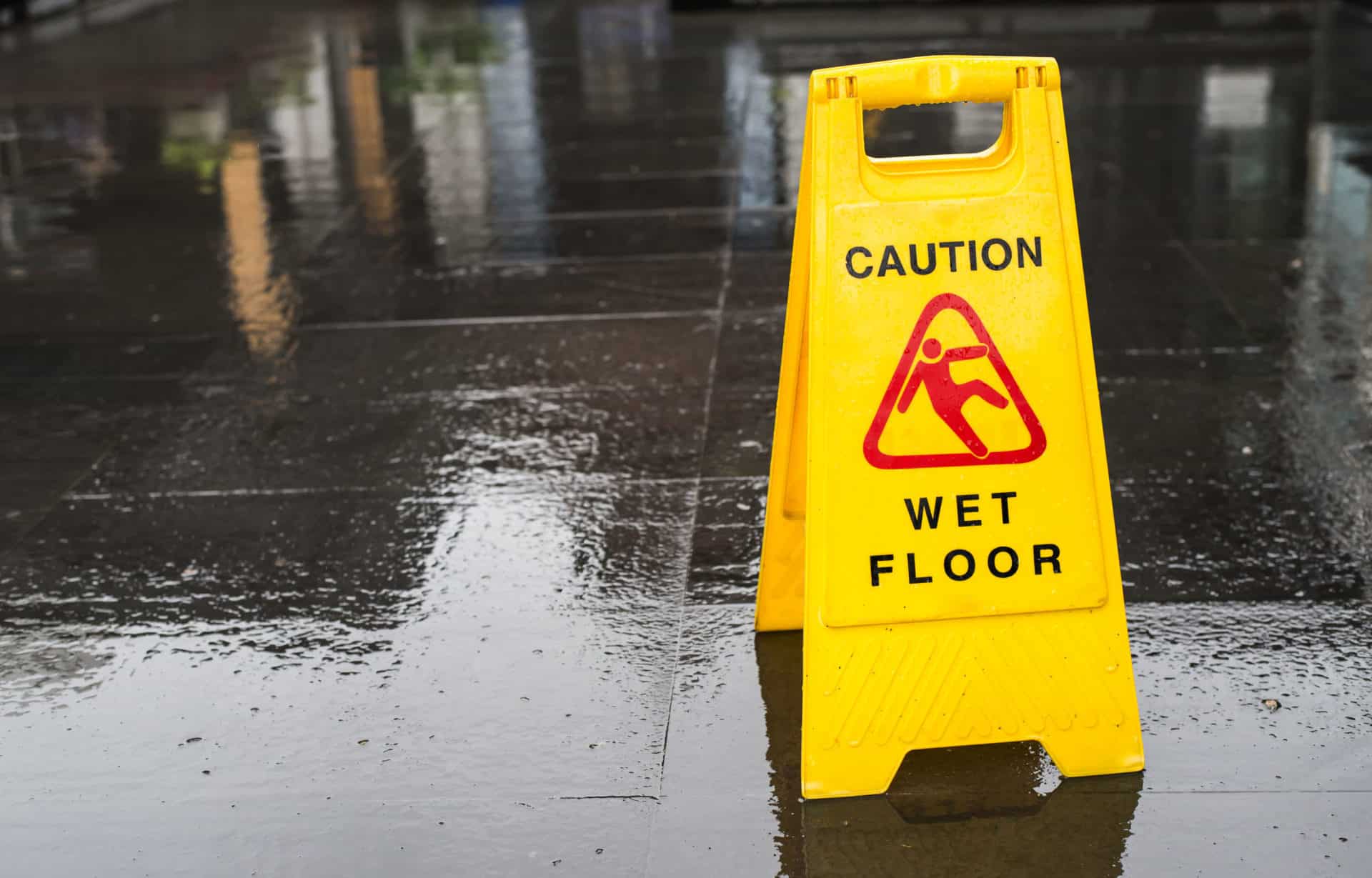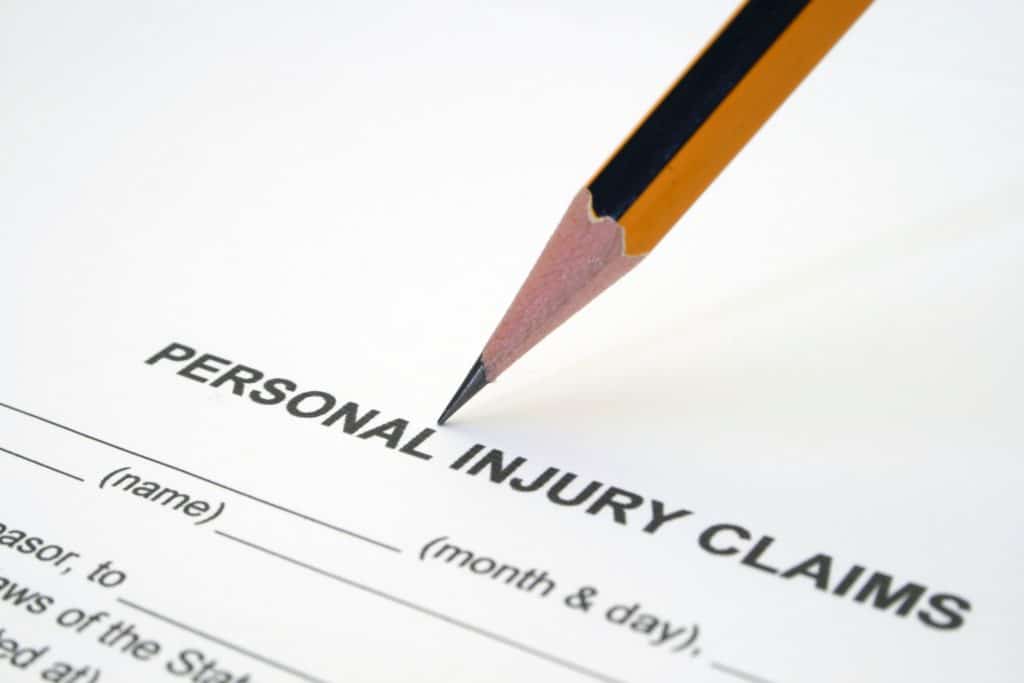
If you slip and fall in New York due to someone else’s mistake, you should not have to pay for the costs related to your accident.
Unfortunately, that’s often the way it works unless you file – and win – a slip and fall lawsuit.
Below, we’re going to detail what you have to prove in order to win a slip and fall case in New York and get the compensation that you deserve.
You Must Prove That the Property Owner Was Negligent
A successful case depends upon you proving, first and foremost, that the property owner was negligent.
A property owner has a duty to provide a safe environment for patrons. Negligence means that the property owner had knowledge or should have had knowledge of a potentially hazardous situation but failed to correct it or warn you about it.
You Must Prove That the Property Owner’s Negligence Caused Your Injury
Once negligence is established, you must then prove that your injury was directly caused by that negligence. For example, if a store owner did not clean up a spill, and you slipped and fell when you walked over the spill, resulting in a broken bone, the store owner can be held liable for your injury. Why? Because it can reasonably be assumed that you would not have broken your bone unless the spill had been present.
This example is dependent upon the timing of the spill, however. If the spill happened only moments before you slipped and fell, the store owner would have not had enough time to react and clean it up. This only works if there was a breach of duty, such as knowingly leaving a spill on the floor for several hours and not cleaning it up or marking it off.
Here are a few additional things you need to know before filing a slip and fall lawsuit.
Other Important Things You Need to Know
Comparative Negligence
The courts in New York base their decisions on a pure comparative negligence rule. This means that both parties in the case will be evaluated for their roles in the accident. Any damages you may receive will be reduced according to percentage of fault.
For example, if you slipped and fell due to a spill that was not cleaned up, but you were walking in a restricted area of a store, you may be charged with, say, 40 percent of the fault. If the total damages awarded are $100,000, the store is obligated to only pay you $60,000.
Because the other party’s attorneys will closely examine your role in the accident, prepare yourself for questions like these:
- Were you putting yourself in an obviously dangerous place or position?
- Were you inside an area where you were not expected to be?
- Were you inside an area marked by signs, cones, or cordons?

- Were you distracted (for example, using your phone while walking)?
- Were you wearing inappropriate footwear?
If you can answer yes to any of these questions, your expected damages will likely be reduced.
Statute of Limitations
The state of New York requires that personal injury cases be filed within three years of the incident of injury. You should not wait to file, whether you had personal injury, property damage, or both.
If you win your case, the compensation you receive can help to cover many different expenses, such as medical bills, lost income, and more. Call an attorney today to get the filing process started.









